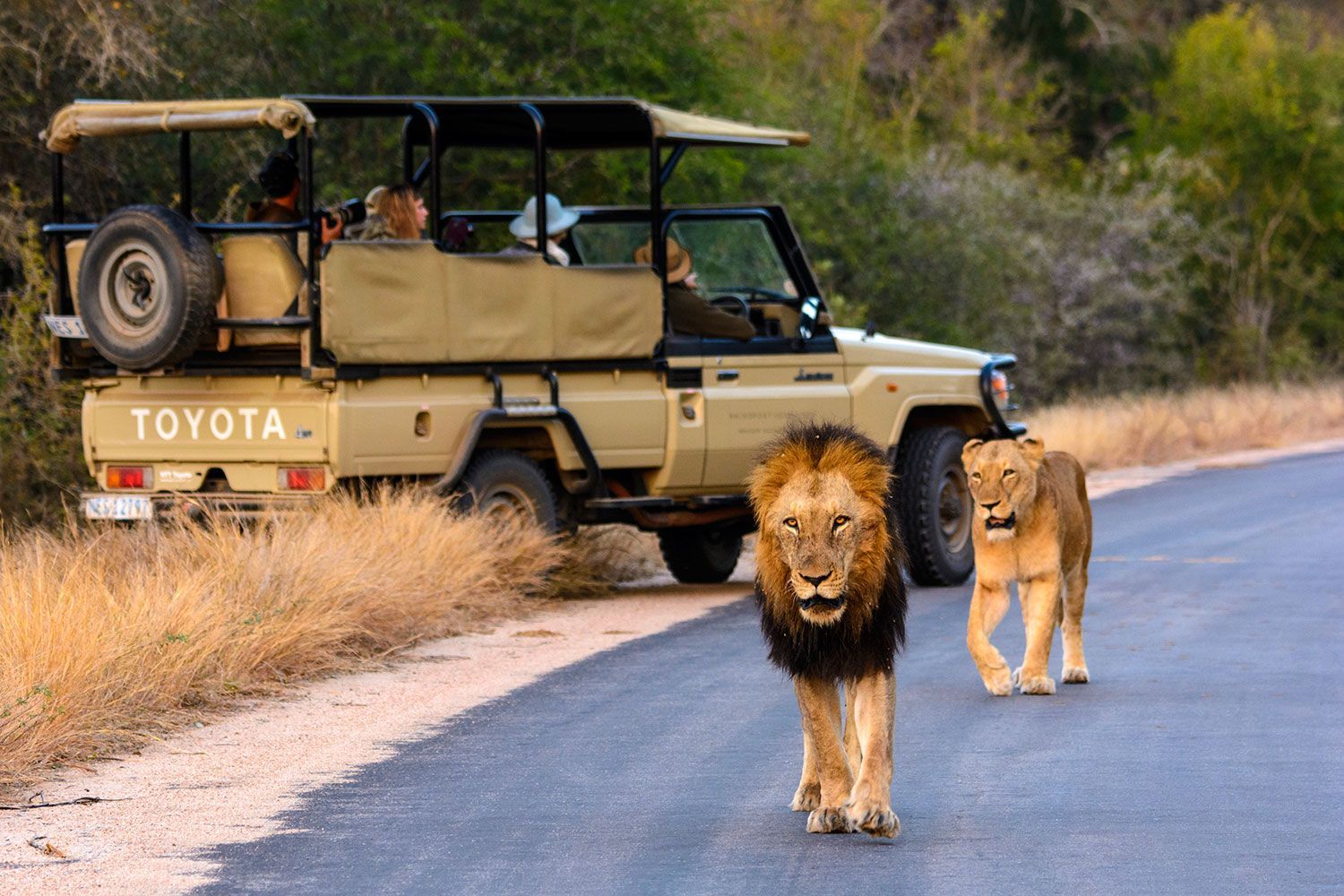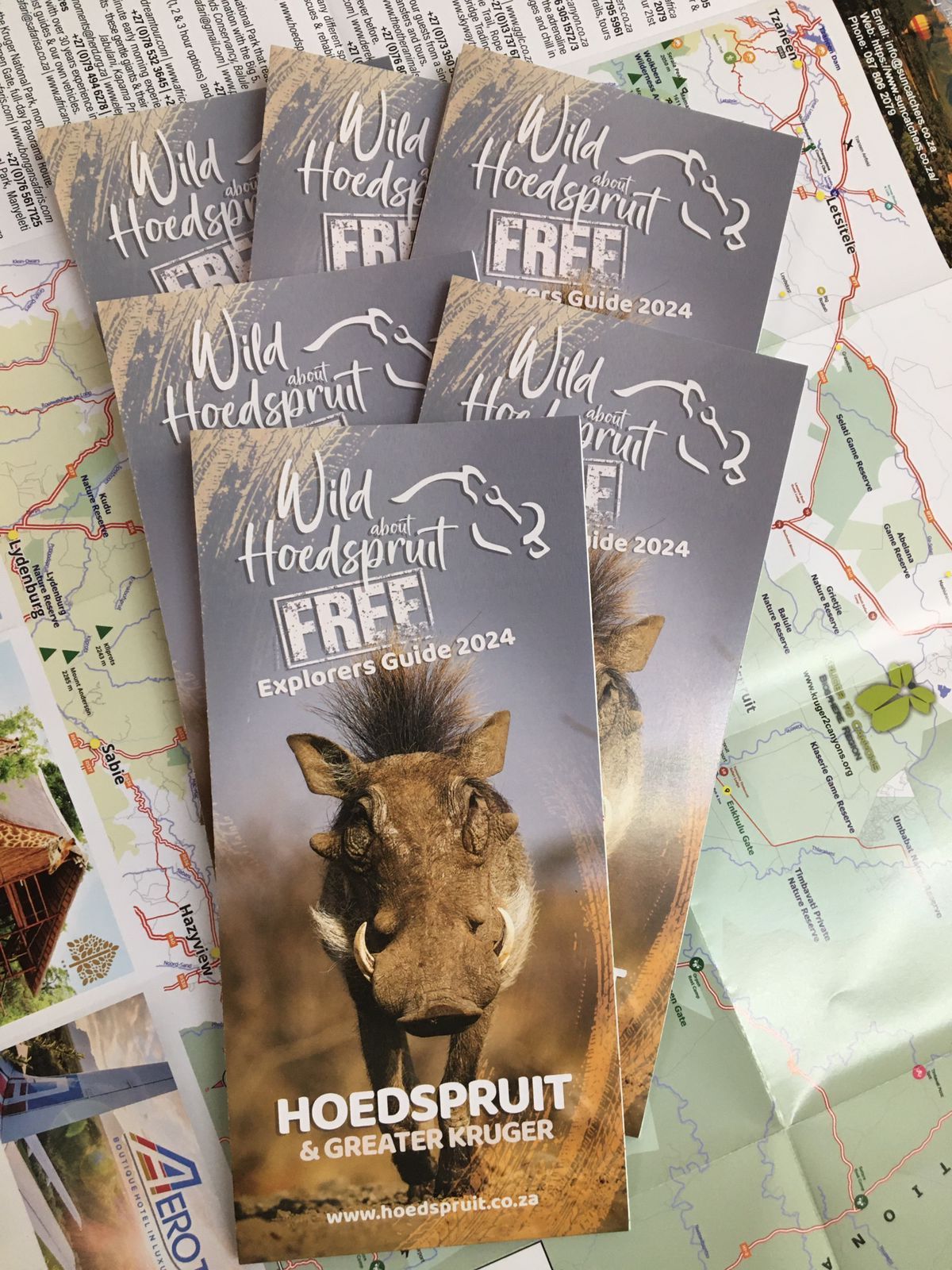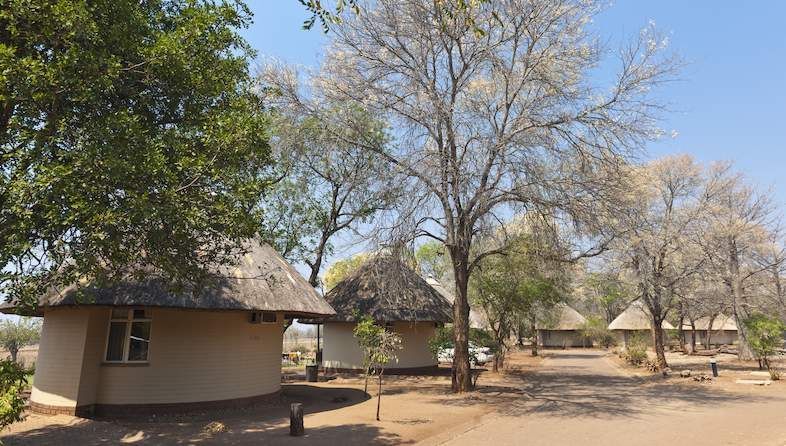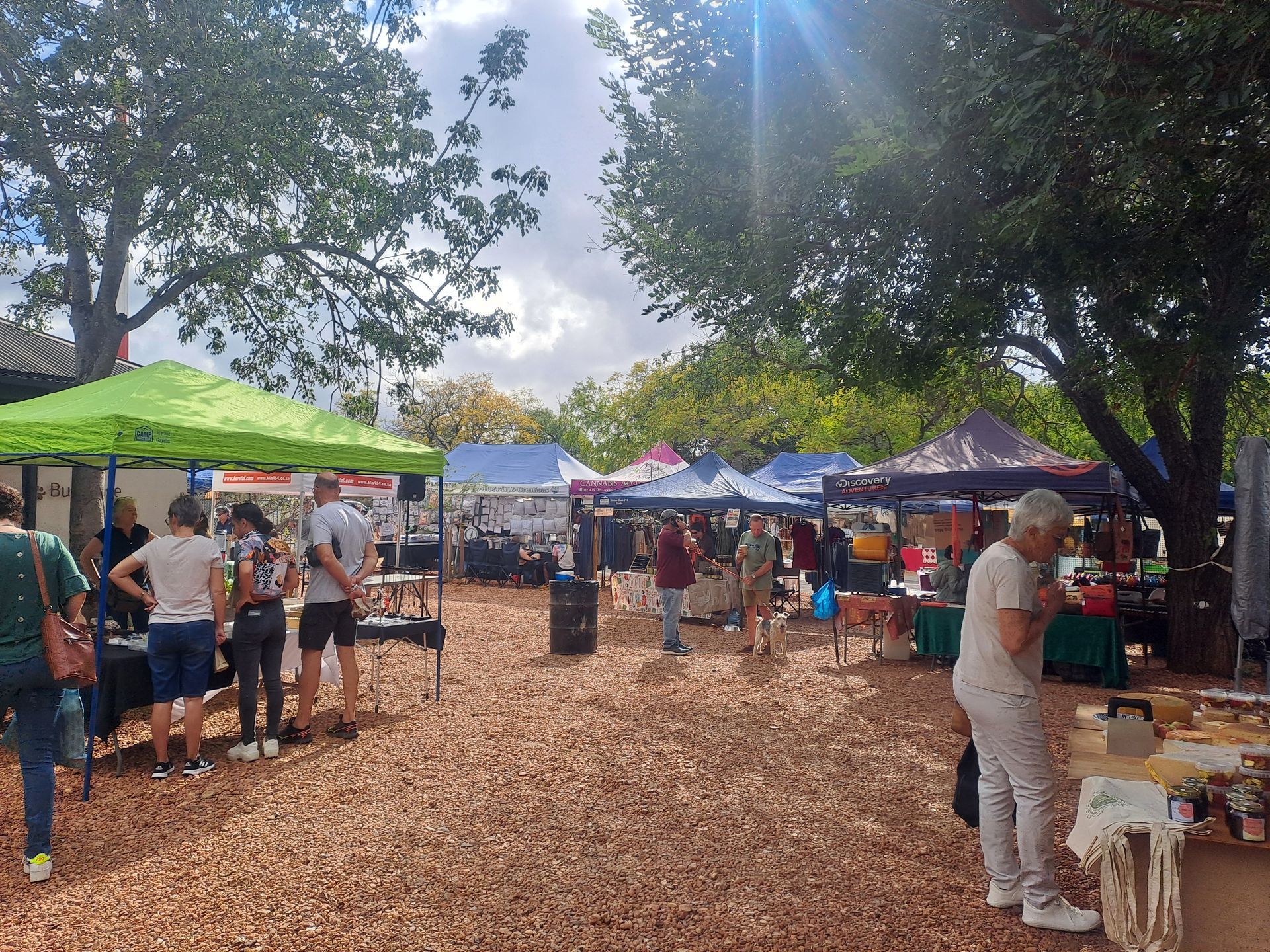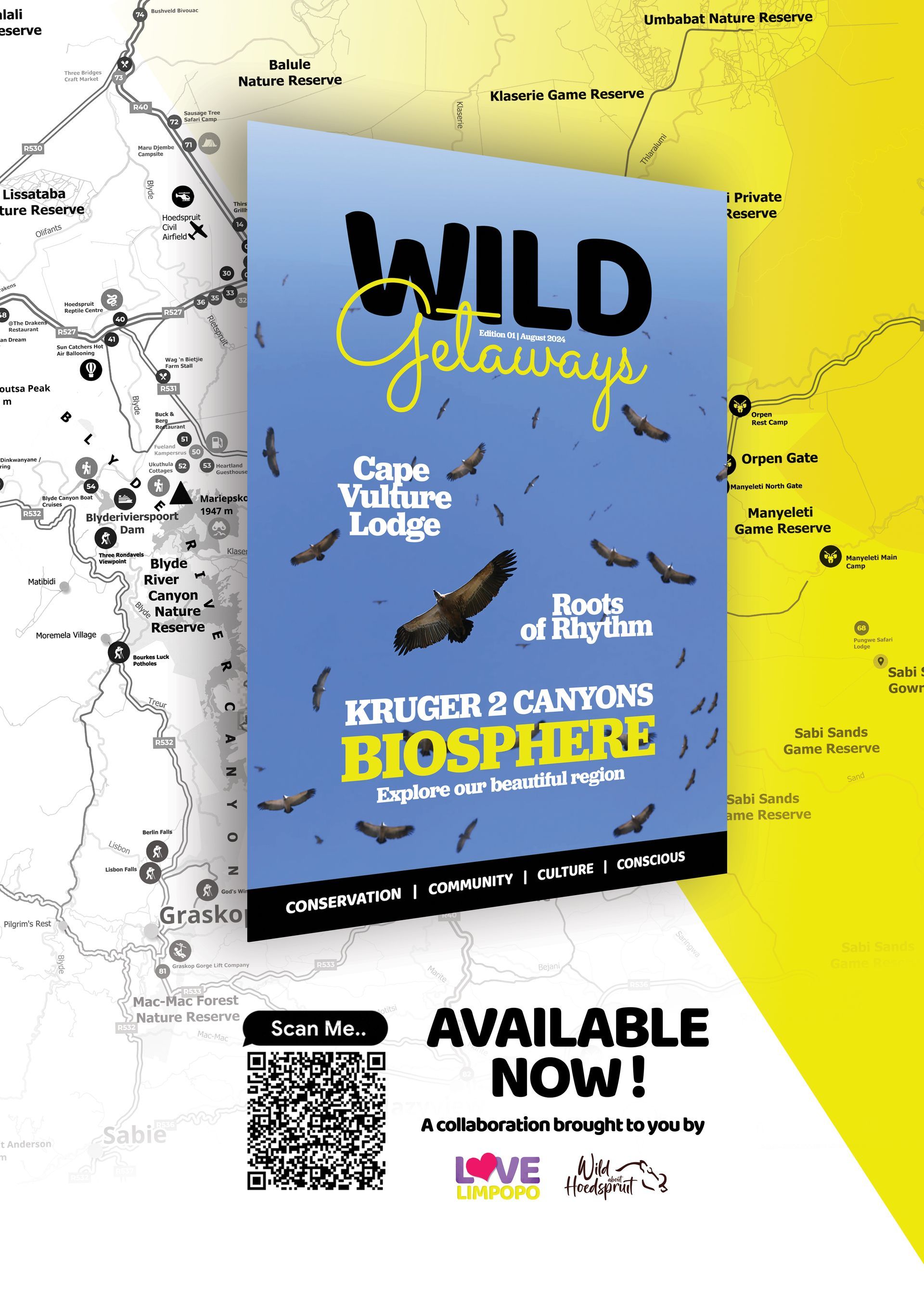Hippo in Kruger National Park: A Complete Guide
Encountering the mighty hippopotamus in Kruger National Park is a thrilling experience, as these semi-aquatic giants are known for their imposing presence and intriguing behaviors. Their unique blend of power and vulnerability makes them a captivating species to witness in the wild.
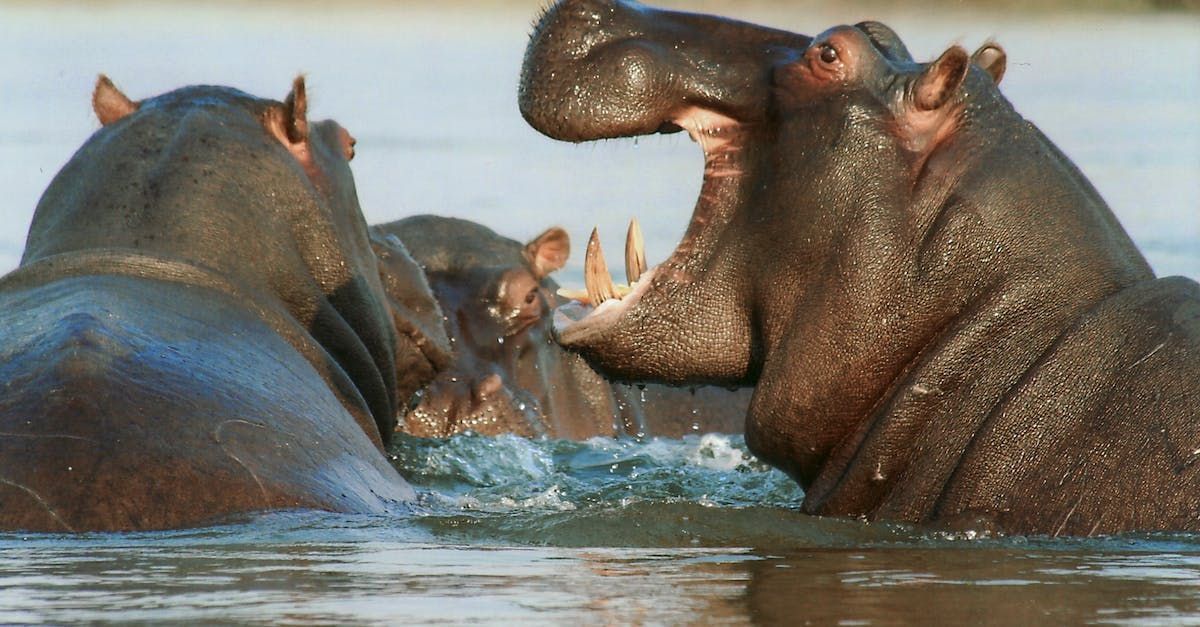
Why Hippo is an Exciting Species to Encounter in Kruger
Hippos, with their massive size and distinctive appearance, add a sense of adventure to any safari in Kruger National Park. Whether basking in water or lumbering on land, observing these colossal creatures offers a glimpse into the fascinating dynamics of African wildlife.
Identification
Physical Characteristics
Hippos are easily recognized by their barrel-shaped bodies, stubby legs, and large mouths. Their skin appears hairless and is sparsely covered with bristly hairs. Powerful jaws house formidable tusks, and their eyes and nostrils are strategically positioned on the tops of their heads for effortless breathing and surveillance while submerged.
Unique Features for Easy Identification
Each hippo has unique scars and markings on its skin, making it possible to identify individuals within a group. Observing these distinctive features enhances the overall safari experience.
Fascinating Facts
Interesting and Lesser-Known Facts about the Animal
Contrary to their appearance, hippos are deceptively fast and agile, capable of reaching speeds of up to 30 km/h. Despite their primarily aquatic lifestyle, hippos cannot swim and instead walk or stand on the riverbed.
Its Role in the Ecosystem
Hippos are integral to river ecosystems, influencing water quality and vegetation through their feeding habits. Their dung, rich in nutrients, supports aquatic life and contributes to the overall health of the waterways.
Habitat and Range
Where in Kruger Can You Find This Animal?
Hippos are commonly found in rivers, lakes, and waterholes throughout Kruger National Park. Riverine habitats, such as the Sabie and Crocodile Rivers, are hotspots for hippo activity.
Preferred Habitats and Behaviors
During the day, hippos spend a significant amount of time submerged in water to avoid the sun's heat. They are most active at night when they emerge to graze on grasses, traveling considerable distances from water sources.
Best Times for Sighting
Seasonal Variations in Visibility
Dry seasons, from May to September, are ideal for hippo sightings as water levels decrease, concentrating these mammals around remaining water sources. Morning and evening game drives offer the best opportunities to spot hippos in action.
Preferred Times of the Day
Early morning and late afternoon excursions coincide with hippos' heightened activity levels. The soft sunlight during these times provides excellent lighting for observing and photographing these magnificent creatures.
Behavior and Social Structure
Behavioral Patterns and Interactions
Hippos are known for their territorial nature, particularly in water. They are vocal animals, producing a variety of grunts, roars, and honks to communicate with each other. Social interactions, both aggressive and amicable, are common within hippo groups.
Social Dynamics if Applicable
Hippos often form groups led by a dominant male. While these groups may consist of multiple females and young hippos, solitary males are not uncommon. Territorial disputes and dominance displays are part of the intricate social fabric of hippo communities.
Conservation Status
Current Conservation Status
Hippos are classified as vulnerable due to habitat loss, poaching for their ivory canine teeth, and human-wildlife conflict. Conservation efforts focus on protecting their habitats and managing conflicts to ensure the survival of this species.
Any Particular Threats or Challenges the Species Faces
Habitat fragmentation, pollution of water sources, and illegal hunting pose significant threats to hippo populations. Ongoing conservation initiatives aim to address these challenges and secure a future for these remarkable creatures.
Tips for Spotting
Key Signs to Look For
Look for ears, eyes, and nostrils protruding above the water's surface. Listen for vocalizations, particularly at night, when hippos are most active. Fresh tracks and dung near water sources are indicators of recent hippo presence.
Popular Regions within Kruger for Sightings
The Sabie River, the Crocodile River, and waterholes in the central and southern regions of Kruger, such as Lower Sabie and Skukuza, are prime locations for hippo sightings.
Encountering hippos in Kruger National Park offers a profound connection with the rhythms of African wilderness. As visitors, let's cherish these moments and recognize the critical role hippos play in maintaining the balance of the park's ecosystems.
Additional Resources
Wild About Kruger
Explore the Wild About Kruger series, your comprehensive source for discovering the magic of Kruger National Park from the hub of Hoedspruit. Here, we delve into all you need to know, from incredible wildlife experiences to insider insights and travel arrangements.
Share This Article
Quicklinks
Related Articles
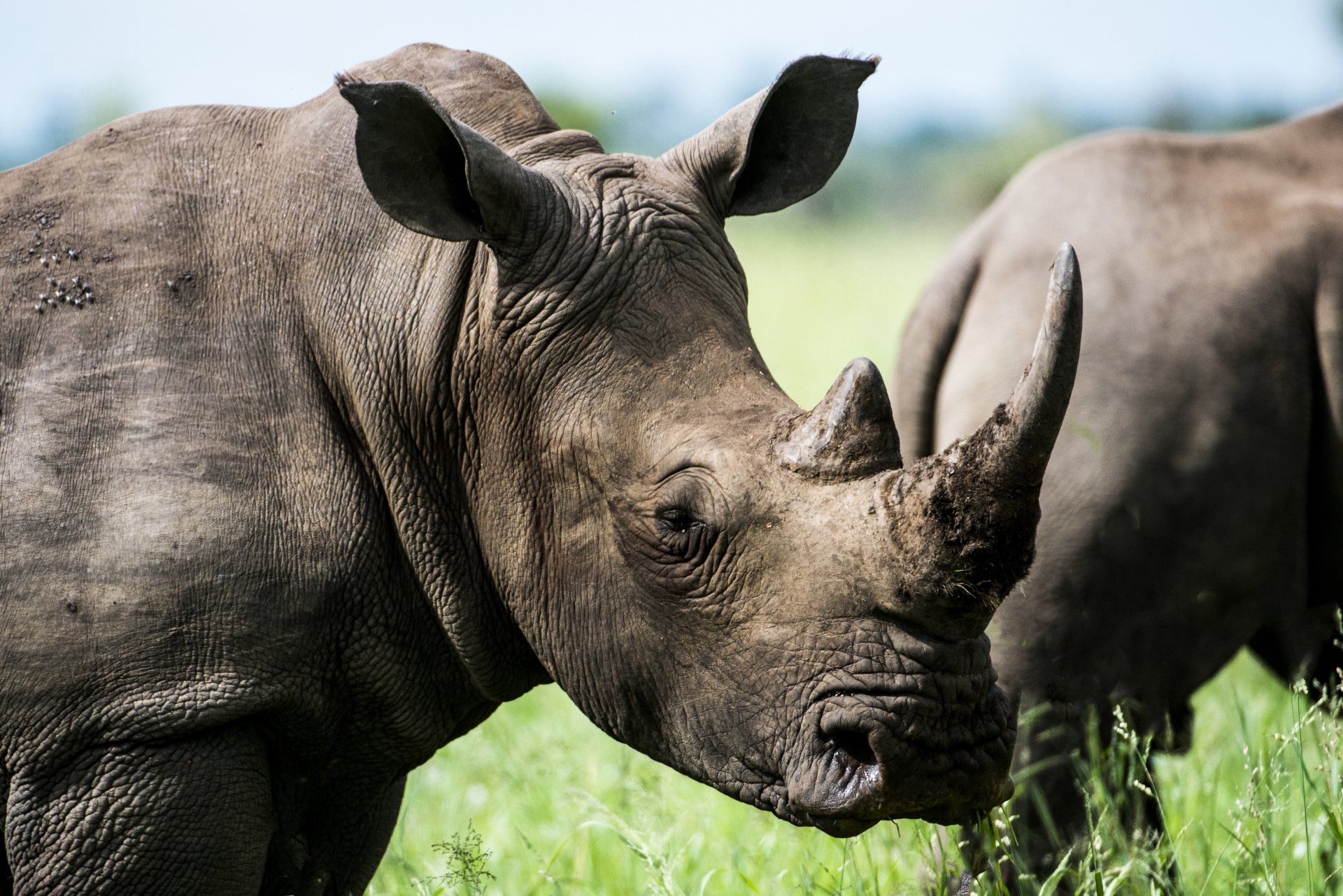
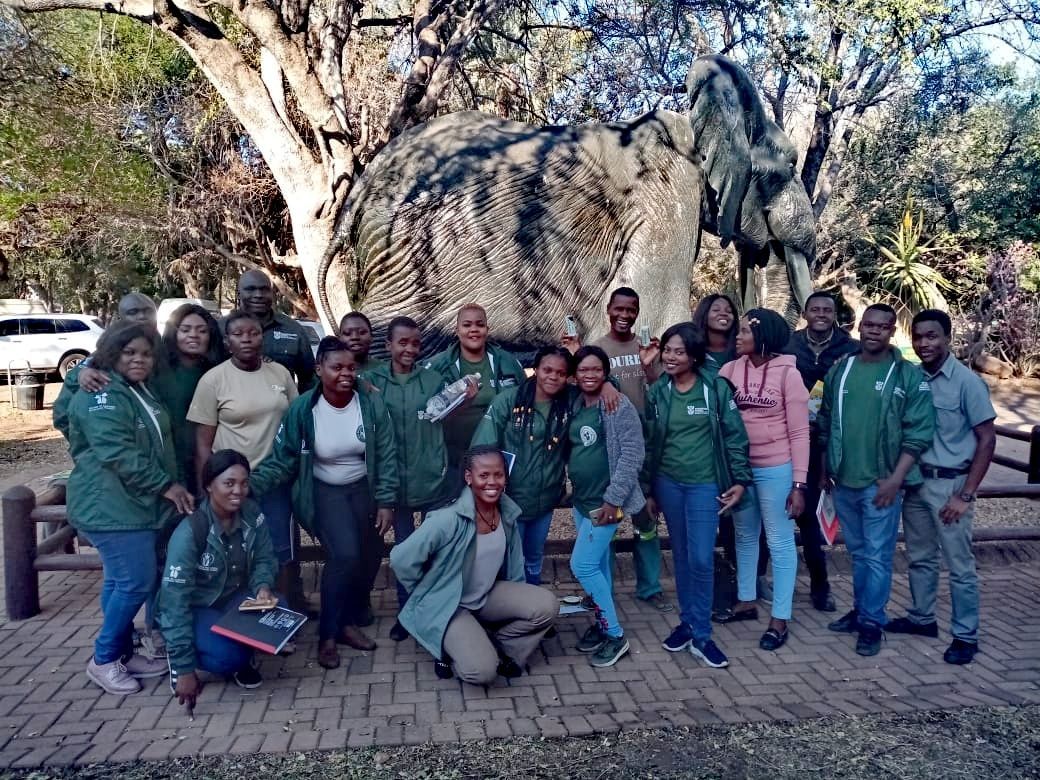

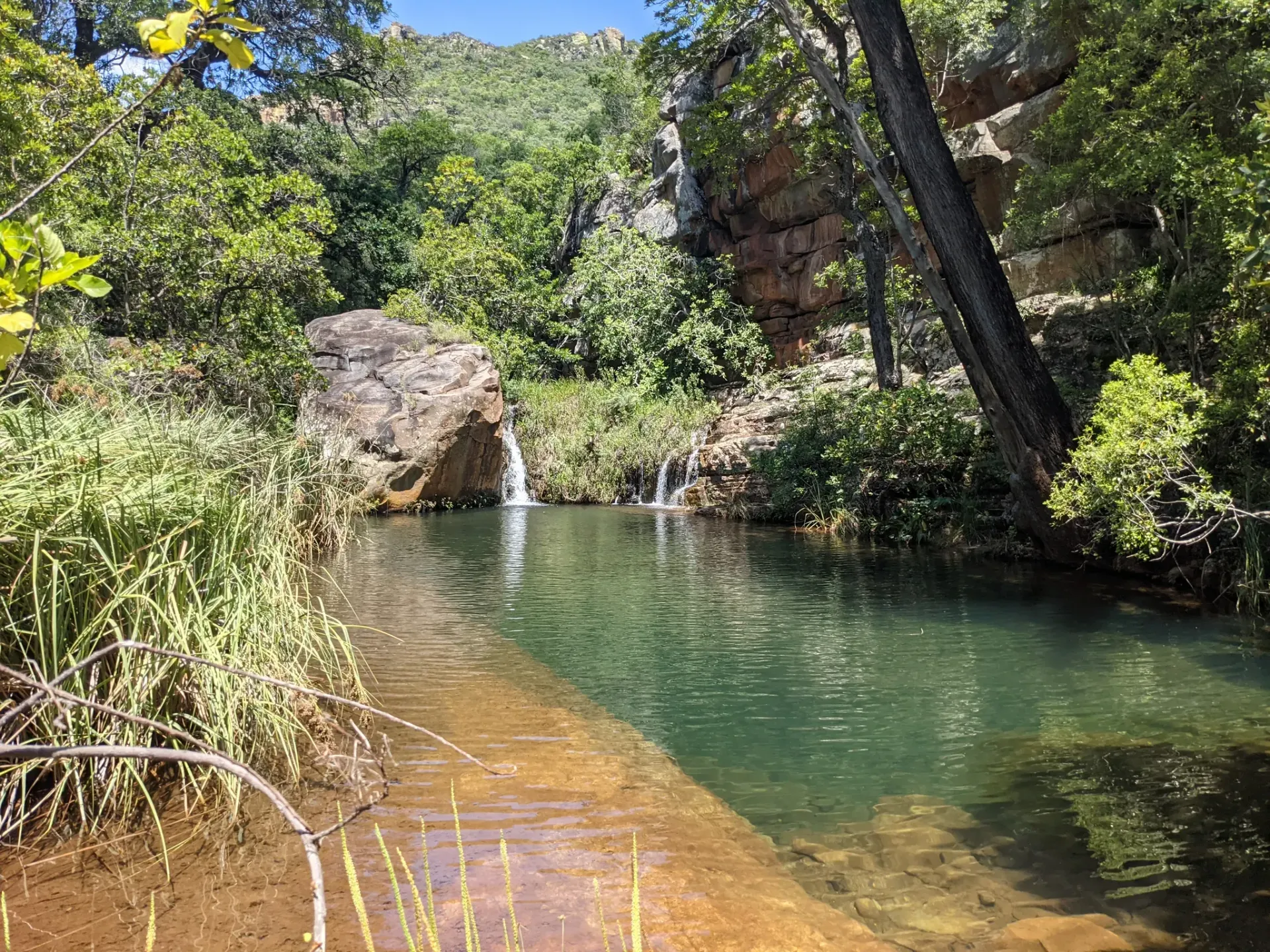

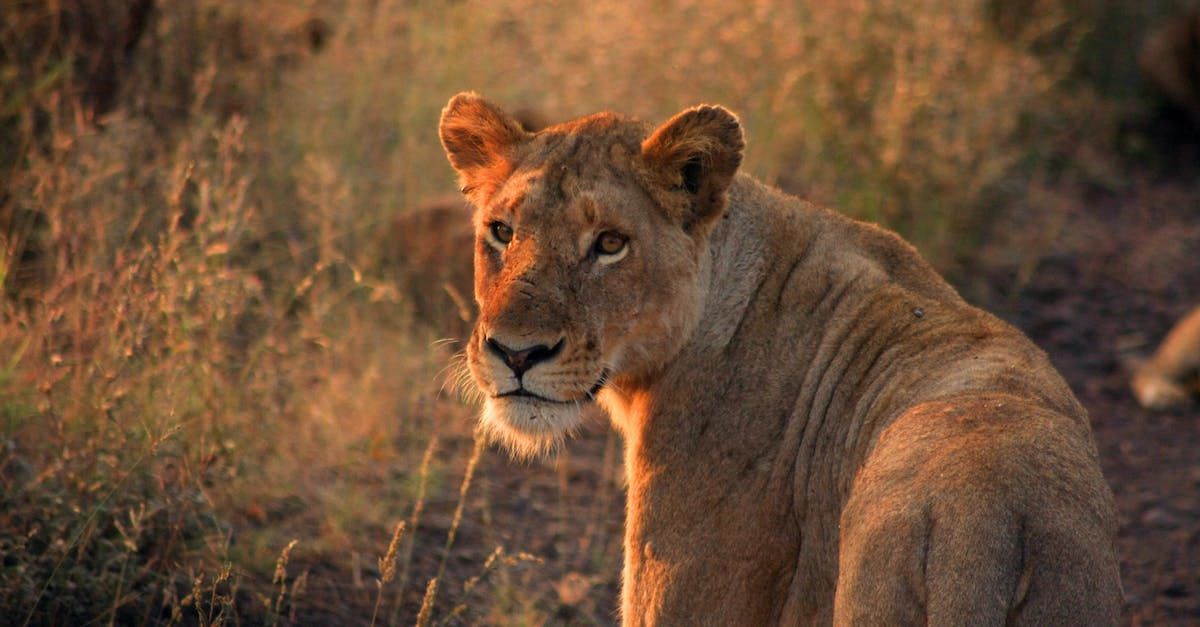

Hoedspruit Articles




